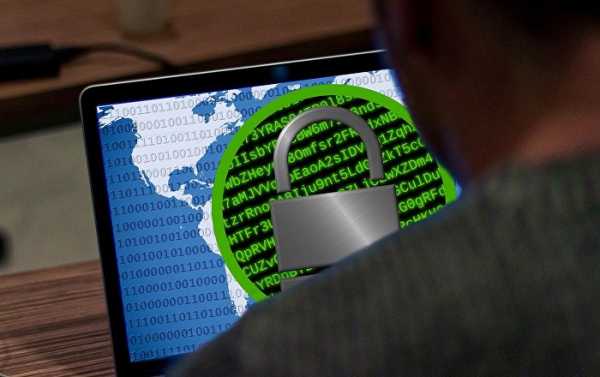
An international financial watchdog recommends that its member-countries adopt new guidelines allowing to monitor cryptocurrency transactions for the purpose of preventing money laundering, corruption, and other illicit activities.
Kristian Rouz – The Financial Action Task Force (FATF) says cryptocurrency companies must be subjected to rules and regulations similar to those for international financial institutions – in order to prevent the abuse of the blockchain technology for the purpose of money laundering.
The watchdog – established 30 years ago – says the robustly expanding crypto sector poses an increasing danger of white-collar crime and encourages corruption on a global scale, and tighter monitoring, as well as greater transparency, could help prevent such risks.
The FATF also said national governments should come up with measures to improve oversight of the crypto sector. The watchdog’s recommendations include the proposal for its 37 member countries to record and store information of ‘virtual asset service providers’ (VASPs).
The FATF urged countries to “obtain and hold required and accurate sender information and required recipient information, and submit the information to beneficiary institutions. Further, countries should ensure that beneficiary institutions obtain and hold required (not necessarily accurate) originator information and … beneficiary information”.
The watchdog’s warning comes after several major economies, including Mainland China, the Eurozone, and the US, expressed concern that law enforcement agencies might not always be able to notice, prevent, or track possible criminal activities that involve the use of cryptocurrencies.
Additionally, reports over the past two years have suggested several countries that are under international sanctions – including North Korea, Iran, and Venezuela – could resort to the use of cryptocurrencies to maintain business relations with their counterparts across the globe.
“This is a risk we all face worldwide”, Marshall Billingslea, the FATF President, said. “Nations need to move forward rapidly. This is an urgent issue”.
According to the FATF statement, its member-countries should record the sender’s name and account number (such as their bitcoin wallet), as well as the originator’s address, or date and place of birth. Additionally, the task force recommends that coin exchanges record the recipient’s name and account number used to process the transaction.
“This will enable the emerging FinTech sector to stay one step ahead of rogue regimes and sympathizers of illicit causes searching for avenues to raise and transfer funds without detection”, US Treasury Secretary Steven Mnuchin said at a FATF meeting in Florida.
Meanwhile, European officials are worried cryptocurrencies could eventually replace fiat currencies issued by central banks. This would deprive national governments and supra-national institutions of their power to regulate capital flows, exert influence in international trade, and control economic activity.
German Bundesbank chief Jens Weidmann says cryptocurrencies pegged to fiat currencies at a fixed rate – known as ‘stablecoins’ – pose a particular danger, as they could eventually undermine banks and entire national financial systems, rendering them irrelevant.
However, some experts say implementing the FATF guidelines to monitor crypto transactions might be a harder goal to achieve than it seems. The blockchain technology effectively prevents attempts to track crypto transactions simply because of how it transmits data over the Internet, while sender and recipient information may not always be accurate.
Additionally, the FATF’s proposals raise concerns that generally fall in line with the decades-old debate of privacy versus security considerations.
“We are obviously going to comply”, Teana Baker-Taylor of the cryptp company Global Digital Finance said. “The challenge is asking for something that there is the technical facility to do”.
The watchdog gave its member states 12 months to develop and implement monitoring programmes in line with its recommendations. The FATF said it would review compliance in June 2020.
Sourse: sputniknews.com






